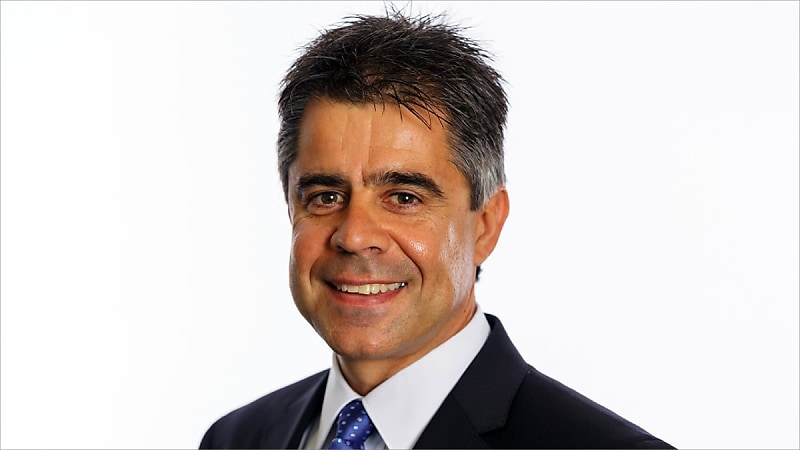SMSFA says CSLR levy ‘extremely concerning’ for advice industry
The SMSF Association said it is “extremely concerning” that financial advisers are being asked to fund compensation claims for events that occurred before the Compensation Scheme of Last Resort was operational.
Association CEO Peter Burgess said the retrospective effect of the CSLR levy is a “body blow” for advisers at a time when the government’s stated intention is to grow the advice industry.
Under the scheme, the estimated cost of the first levy period starting on 2 April to 30 June 2024 will be $4.8 million, while the second levy period, 1 July 2024 to 30 June 2025, will cost $24.1 million of which financial advisers will be charged a majority or $18.5 million.
This will add about $1,200 a year to an adviser’s operating costs which has risen from $1,500 in 2022–23 for the minimum levy for AFS licensees to $2,818 per adviser, with the money to be paid by September 2024.
The biggest legacy payment relates to Dixon Advisory which went into administration in early 2022, before the CSLR was set up, and currently has about 2,000 claims before AFCA.
“We acknowledge the challenges associated with basing the levy on the date the claim was made rather than the date the claim was finalised, but to alleviate the current financial pressures on financial advisers, the government has a perfect opportunity to get behind the financial advice industry and agree to fund a much greater proportion of these legacy claims,” Burgess said.
“This extra cost, when coupled with the higher supervisory levy, will place an intolerable strain on the industry with the potential to force advisers out or deter new entrants.”
He added that as the Quality of Advice Review was partly about how to expand access to financial advice at a time when Australia is undergoing a massive wealth transfer, the retrospective aspect of the levy is counterproductive.
“We are also deeply concerned for licensed accountants who, under a limited license, cannot advise on specific investment products but are included in the financial advice pool and therefore subject to the ASIC supervisory and the CLSR levies,” Burgess said.
“Licensed accountant numbers have significantly declined and we are now at risk of losing this important cohort in the financial advice ecosystem at a time where the focus should be on accessibility and affordability of financial advice.”








